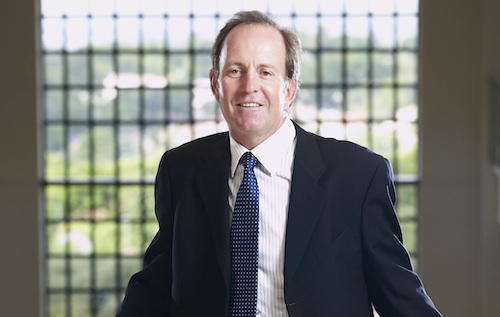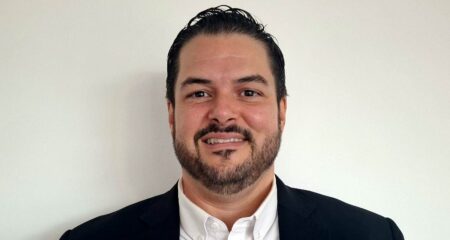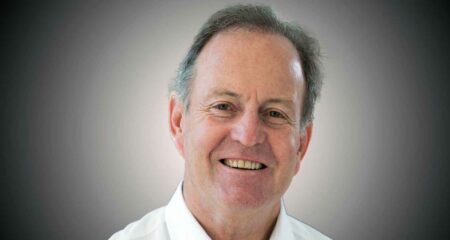
Jeremy Ord is glad summer is finally returning. The warmer conditions and the earlier sunrises allow the Dimension Data chairman to get up extra early to go cycling.
It’s his passion, he says, adding he’s glad that this year’s unusually harsh Highveld winter is finally ending. In summer, he rides every weekday morning with friends and colleagues, rising at 4.30am to be on the road by 5. Weekends are reserved for longer rides.
Ord began cycling years ago, with mates from Deutsche Bank, some of whom he still rides with. He is also regularly on the road with Didata colleagues, including long-time friends Bruce “Doc” Watson and Steve Joubert.
An intensely private person, Ord doesn’t like to talk publicly about his family. I’m warned by the group’s public relations officer before my lunch with Ord at the group’s canteen at the Campus in Bryanston to avoid probing too deeply into his home life.
But he relishes talking about his cycling. “I love it, it’s incredible,” he enthuses. “You’re getting great exercise but you also get to spend a lot of time on your own. It gives you a lot of time to think. I sincerely hope I can ride for a long, long time to come.”
Now 52, Ord has more time for himself since stepping down in 2004 as CEO of the company he co-founded with school chums Watson and Richard Came (now head of telecommunications infrastructure company Dark Fibre Africa). Ord is still actively involved in the business, but the hard slog of managing the group’s global operations — and that includes punishing overseas travel — is now done by CEO Brett Dawson.
“I go to London once a month but all the hard travelling is done by Brett,” Ord says. “He’s an incredibly hard-working and focused guy. I’m not sure he likes all the travelling. He spends about half his working life out of the country. It’s very tough.”
Ord says he is glad to be able to spend most of his time in SA. “Brett and I speak a lot,” he says, “but I try hard not to interfere with the day-to-day operations.”
Rather, Ord, who says he still has the entrepreneurial fire in his belly, is focused on starting and building new Didata businesses in SA. “We have a bunch of new ventures we’re starting.”
But he also makes time for his other passions, especially winemaking. He owns Waterford Estate, a wine farm in Stellenbosch. Waterford, which is run by his friend Kevin Arnold, was started from scratch in 1997. “It’s doing well and is cash-flow positive,” Ord says.
About 60% of the wines from Waterford are sold into the premium market in SA, with the rest being exported. The farm produces 40 000 cases a year. “We do our own distribution, with very much a personal touch, talking openly to restaurateurs about our wines. We don’t rely on being catalogued.”
Though Didata’s primary listing is on the London Stock Exchange, Ord says he can’t imagine living in the UK — or anywhere else in the world, for that matter. “Being in the technology industry, I could live anywhere in the world. I could live in London. But I want to live here. My children want to live here. I love this place,” he says with some intensity.
He says crime concerns him but he believes the new administration under President Jacob Zuma ought to be given a chance to prove itself. “They’re making the right noises. As long as they are committed to rooting out corruption, which is a big problem, I feel positive about the country’s future.”
Asked to reflect on his career at Didata, he admits he made some mistakes he wouldn’t like to repeat. Perhaps the biggest of those was buying into the US market at the peak of the dot-com bubble and overpaying for assets there. “Would we do the US deal again? Never! We’d try different models,” he says. “But we have a very good company in the US now, with great people. That said, I don’t want to live through the dot-com crash again.”
A repeat of the fall-out of 2001-2003 seems unlikely, though. Ord says the hype that led to the technology bubble is long gone. “The industry has matured.”
A little like Ord’s wines, perhaps. — Duncan McLeod, TechCentral




